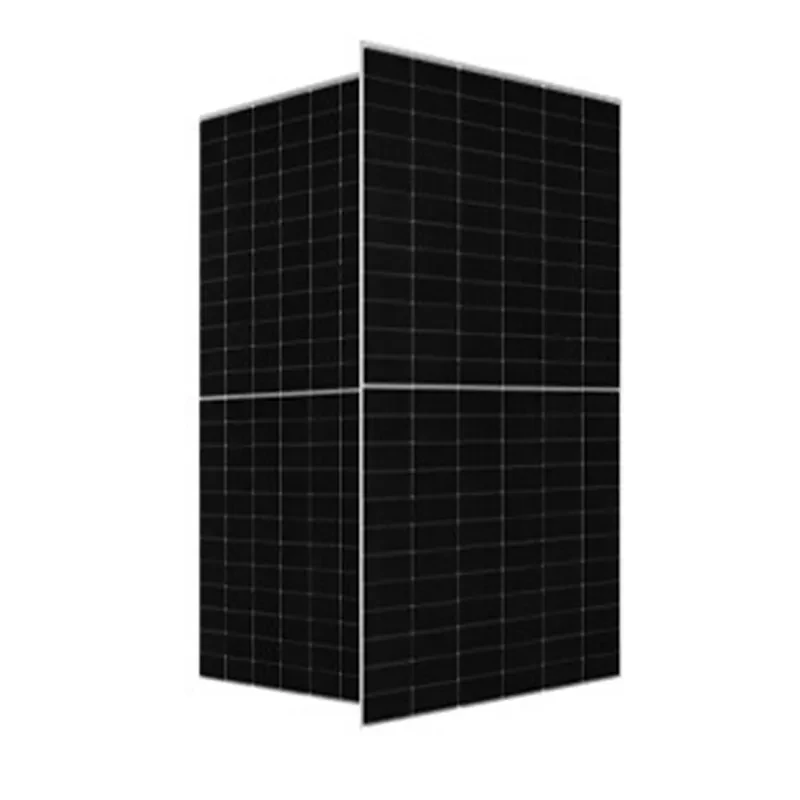Cost Analysis of 10 kW Solar Inverter in Today’s Market
Understanding the Price of a 10 kW Solar Inverter
As more homeowners and businesses seek to harness solar energy, inverters play a critical role in optimizing the efficiency of solar power systems. A 10 kW solar inverter, which converts the direct current (DC) electricity generated by solar panels into alternating current (AC) electricity suitable for household or grid use, is a popular choice for medium-sized installations. One of the critical considerations for anyone looking to invest in solar energy is the price of these inverters.
The Cost of 10 kW Solar Inverters
The price of a 10 kW solar inverter varies widely based on several factors, including brand, type, and features. Generally, the cost can range from $1,000 to $3,000. This range reflects both budget-friendly and high-end models, which may offer additional features such as Wi-Fi connectivity, advanced monitoring systems, and enhanced efficiency ratings.
1. Types of Inverters - String Inverters These are the most common type for residential systems and tend to be on the lower end of the price spectrum. They connect multiple solar panels in one string and are relatively straightforward to install. - Microinverters These units are installed on each panel individually, allowing for optimized performance even if some panels are shaded. Microinverters typically cost more than string inverters but provide increased energy yield and monitoring capabilities. - Power Optimizers Similar to microinverters, power optimizers are another option that can increase the efficiency of a solar array but are used in conjunction with string inverters.
Influencing Factors on Pricing
Several factors play a role in determining the price of a 10 kW solar inverter
1. Brand Quality Established brands like SMA, Solaredge, and Fronius often come with a higher price tag due to their reputation for quality, reliability, and customer service. Lesser-known brands may offer lower prices but could lack the same level of support or longevity.
2. Efficiency Ratings Inverters come with different efficiency ratings, typically ranging from 90% to over 98%. Higher-efficiency inverters convert more solar energy into usable electricity, making them more cost-effective over the long term, which sometimes justifies a higher initial purchase price.
10kw solar inverter price

3. Warranty and Support The warranty period is another important factor. A longer warranty (usually ranging 5 to 12 years) may indicate a higher upfront cost but can provide peace of mind regarding the durability and performance of the inverter.
4. Installation Costs The price of the inverter itself is only part of the total investment. Installation costs can vary considerably and may range from $500 to $1,500, depending on local labor rates, system complexity, and site conditions.
The Importance of Quality
When considering the price of a 10 kW solar inverter, it is essential to remember that investing in quality can result in long-term savings. A reliable, efficient inverter reduces energy losses and extends the lifespan of your solar energy system. Lower-priced inverters might save money upfront but could lead to higher maintenance or replacement costs over time.
The Bigger Picture Incentives and Savings
In addition to understanding the initial costs of acquiring a solar inverter, homeowners and businesses should also explore local, state, and federal incentives that can offset the costs of solar energy systems. Many regions offer tax credits, rebates, or financing options that can significantly reduce the overall investment.
Moreover, solar energy systems can lead to substantial long-term savings on electricity bills. As utility rates continue to rise, the return on investment for solar systems becomes increasingly attractive.
Conclusion
In summary, the price of a 10 kW solar inverter can vary significantly based on various factors, including brand, type, efficiency, and additional features. When choosing an inverter, it is crucial to balance upfront costs with potential long-term savings and performance. By thoroughly researching options and considering the overall value rather than just the purchase price, both homeowners and businesses can make informed decisions that will help them maximize their investment in solar energy. Investing in a reputable, efficient inverter is not merely a purchase—it is a step toward sustainability and energy independence.
-
String Solar Inverter: The High-Efficiency Solution for Smart Solar EnergyNewsJul.14,2025
-
Revolutionizing Rooftop Energy with the Power of the Micro Solar InverterNewsJul.14,2025
-
Power Independence with Smart Off Grid Solar Inverter SolutionsNewsJul.14,2025
-
On Grid Solar Inverter: Powering the Future with Smart Grid IntegrationNewsJul.14,2025
-
Monocrystalline Solar Panels: High-Efficiency Power for the Future of Clean EnergyNewsJul.14,2025
-
Bifacial Solar Panel: A Smarter Investment for Next-Generation Energy SystemsNewsJul.14,2025







